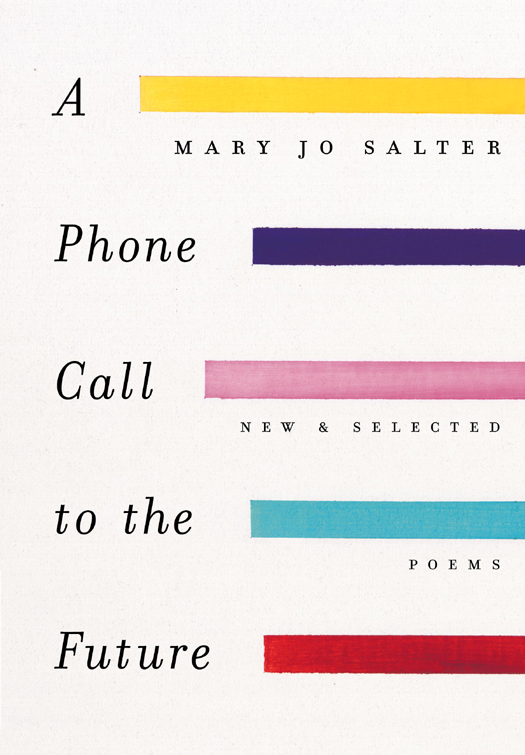
A Phone Call to the Future
New and Selected Poems
- اطلاعات
- نقد و بررسی
- دیدگاه کاربران
نقد و بررسی

March 17, 2008
Celebrated since the 1980s for her deftly articulate, often wittily rhymed lyric poems, Salter demonstrates those strengths and others in this sixth volume. From the start, Salter’s verse can sound urbane and serious, ceremonious and supple: a nine-part elegy for a friend who died young contains a villanelle with the refrain “I know you’re gone for good. And this is how:/ were you alive, you would have called by now.” Other poems react to the death of Salter’s mother, to her own experience of parenthood, and to life with her husband, poet and critic Brad Leithauser. Salter may be the most gifted mid-career disciple of James Merrill’s work, and her detractors may say she still works in his shadow. Yet her loosely syllabic stanzas owe as much to Marianne Moore, and her best poems stand apart for their careful sensitivity both to works of art and to her own family life, sounding as much herself when sighing, “you reach an age when classics// are what you must
have read” as when she “imagines the synchronized operations/ across the neighborhood:/ putting the children to bed;/ laying out clean clothes.”

April 15, 2008
Salter ("Open Shutters") is an exceptionally gifted poet whose engine fuels itself on formal challenge: she prefers the poetry "slalom" to the "slam": ] "skirting flag after flag/ of the bloody obvious;/ ]. while speeding downhill, / at the key/ moment, / in a sort of whole-/ body trill." In this new collection, a section of new poems precedes selections from five previous books, a verse history that is confessional yet aware of the potential solipsism of that genre: "as if what really matters/ is our happiness above all, we sail/ on their wave of blessing over the sun." As she moves from family and friends to the lives of others, the poems slip from lyric into narrative, using historical figures like Helen Keller or Thomas Jefferson as larger canvases for explorations of the spirit steeped in time. Like her early teacher, Elizabeth Bishop, Salter conjures gold from the seemingly trivial or the overlooked: a child refusing to relinquish his seat in a game of musical chairs or a small gesture that foreshadows the erotic: "Once shod, you pull the creaking blinds whose slats/ narrow their sleepy eyelids into slits." For all poetry collections.Ellen Kaufman, Dewey & LeBoeuf Law Lib., New York
Copyright 2008 Library Journal, LLC Used with permission.




دیدگاه کاربران